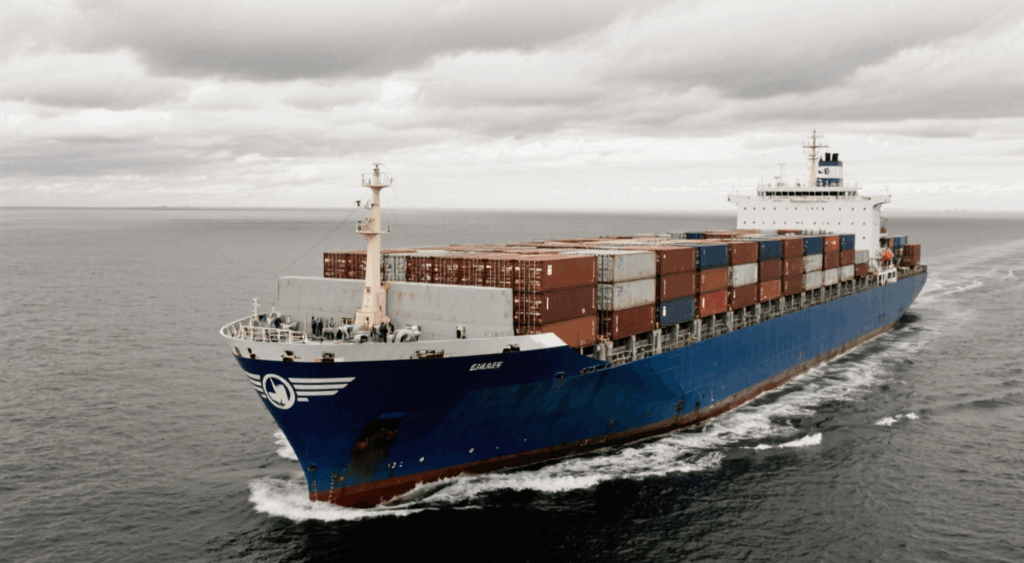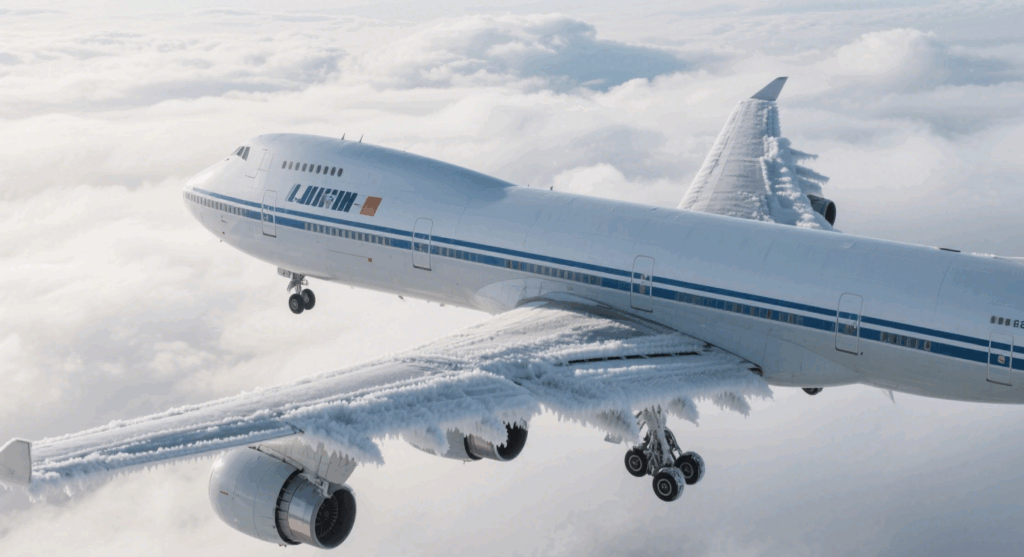Table of Contents
When global importers look for affordable, efficient, and trustworthy logistics solutions, the term china ship shop often appears in their research. A china ship shop refers to specialized freight forwarding and logistics companies in China that manage international shipping, including sea, air, courier, and express cargo. With China being the world’s manufacturing hub, businesses rely on these services to reduce costs, streamline operations, and ensure smooth customs clearance. This guide explores what a china ship shop is, what it does, its role in different transport modes, key terms, performance in various countries, practical problem-avoidance strategies, and real-world shipping cases to help importers make informed decisions.
What is a China Ship Shop?
A china ship shop is essentially a one-stop freight forwarding service that organizes and executes cargo transportation from China to destinations worldwide. These service providers connect exporters and importers with shipping lines, airlines, trucking companies, and customs brokers. They provide quotations, manage documentation, handle customs clearance, and offer consolidated or full container solutions.
Unlike direct carriers, a china ship shop acts as an intermediary, offering flexibility, multiple route options, and competitive prices. This makes it particularly useful for small and medium-sized businesses that cannot always book full containers directly with major carriers.
What Does a China Ship Shop Do?
The role of a china ship shop goes beyond moving goods. Services usually include:
- Sea freight: Full Container Load (FCL) and Less than Container Load (LCL).
- Air freight: Fast shipping for time-sensitive cargo.
- Courier & express services: DHL, FedEx, UPS, TNT, or local solutions for small parcels.
- Customs clearance: Import/export declarations, tariff calculations, and compliance.
- Cargo insurance: Protecting goods from risk during international transport.
- Warehousing & consolidation: Combining shipments to reduce overall freight costs.
These services ensure cargo moves smoothly from factory in China to the buyer’s warehouse abroad.
China Ship Shop in Different Modes of Transportation
| Mode of Transport | Advantages | Limitations | Typical Transit Time |
|---|---|---|---|
| Sea Freight | Cheapest for bulk, large capacity | Slower transit | 25–40 days (China → US/EU) |
| Air Freight | Fast, reliable for high-value cargo | Expensive | 5–10 days |
| Courier/Express | Door-to-door, tracking available | Limited volume | 3–7 days |
| Rail Freight (China → EU only) | Balance of cost & time | Not available for all destinations | 15–25 days |
Shop providers select the best mode depending on shipment size, urgency, and budget. For example, electronics often go by sea, while fashion retailers prefer air freight to meet seasonal demand.
Relevant Terms and Conditions in China Ship Shop Services
Importers must understand key terms:
- Incoterms: EXW, FOB, CIF, DDP define cost responsibilities.
- FCL vs LCL: Full container vs. shared container.
- Cut-off times: Deadlines for delivering cargo to ports.
- Demurrage & detention: Fees if containers are not returned on time.
- Customs duties & VAT: Vary depending on destination country.
Failing to comply with these terms can result in delays, penalties, and unexpected costs.
Performance of China Ship Shop in Different Countries
| Destination | Popular Method | Cost (per 40HQ container) | Average Transit Time |
|---|---|---|---|
| USA (Los Angeles) | Sea Freight | $2,800 – $3,200 | 30–35 days |
| Germany (Hamburg) | Air Freight (Clothing) | $6.5/kg | 7 days |
| Ghana (Tema) | Sea Freight (Electronics) | $5,800 – $6,200 | 35 days |
| Australia (Sydney) | Sea Freight | $2,200 – $2,600 | 28–32 days |
Performance varies by country due to port infrastructure, customs systems, and trade agreements. For instance, shipments to Europe benefit from rail options, while African routes rely heavily on sea freight.
How to Avoid Problems in China Ship Shop Services
Importers frequently face issues such as hidden charges, customs delays, and damaged cargo. To avoid these, follow expert advice:
- Get multiple quotes from different china ship shops to compare.
- Confirm Incoterms in writing to avoid disputes.
- Work with experienced agents who have proven track records.
- Purchase cargo insurance for high-value shipments.
- Track shipments using the china shipping calculator provided by many agencies.
Real-World Case Studies
Case 1: China → USA (Sea Freight Electronics)
- Origin: Shenzhen
- Destination: Los Angeles
- Cargo: 200 laptops (20 CBM, 5 tons)
- Method: FCL 20GP
- Cost: $2,950 (including customs clearance)
- Transit Time: 32 days
Case 2: China → Germany (Air Freight Clothing)
- Origin: Guangzhou
- Destination: Frankfurt
- Cargo: 500 boxes of apparel (2 tons)
- Method: Air freight
- Cost: $6.4/kg → Total $12,800
- Transit Time: 7 days
Comparison Table: China Ship Shop Costs by Mode
Conclusion
A china ship shop provides essential freight forwarding services that empower global importers to manage logistics effectively. By choosing the right provider, importers can reduce shipping costs, ensure compliance, and avoid delays. With services covering sea, air, courier, and rail (where applicable), businesses can confidently ship goods worldwide. For reliable and cost-effective solutions, working with trusted companies like TopChinaFreight ensures smooth logistics operations.
Request a Quote
Need a tailored solution for your shipping from China?
Let TJ China Freight Forwarder assist you with reliable, cost-effective service.
FAQ:
Q1.How can I choose the best china ship shop for small businesses?
Look for forwarders specializing in LCL and e-commerce parcels.
Q2.What documents do I need for china ship shop services?
Invoice, packing list, bill of lading/air waybill, and import license if required.
Q3.Which industries benefit most from china ship shop solutions?
Electronics, fashion, furniture, and e-commerce sellers.
Q4.How accurate is a china shipping calculator?
It provides estimates but final costs depend on season, fuel rates, and customs fees.
Q5.Can I combine sea and air shipping through one china ship shop?
Yes, many forwarders offer multimodal transport options.




